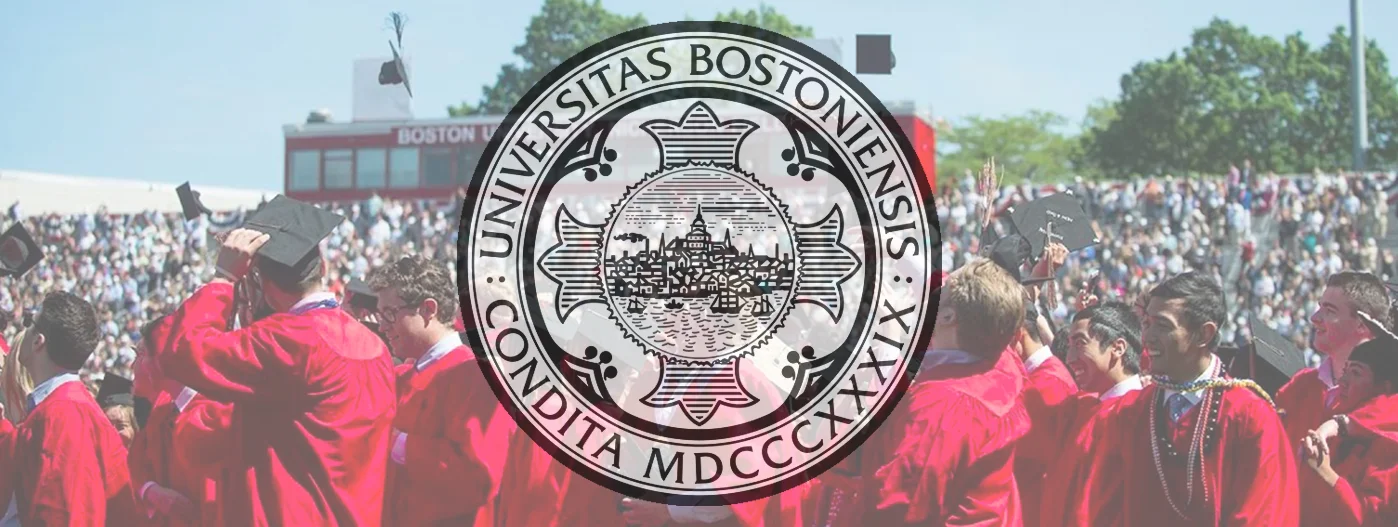Race and Gender
Because I’ve been nothing but perfectly candid thus far, I’ll admit it: I found this seminar to be the most awkward by far.
Perhaps it was the absurd heat in the room, but more likely it was the conversation which caused me to frequently, and unnecessarily, sip my water.
From my perch in the front row, I shifted in my seat to glance back, and as Professor Shorr noted, noticed the room’s notable lack of diversity.
Dr. Kyoung-yim Kim and Zuri Berry in particular, spoke at length about the courage it requires to delve into issues surrounding race with someone of a different one. Obviously, I was not as brave or prepared as I believed myself to be.
Perhaps this was why I gravitated to the emerging conversation about athletes as role models.
After listening to seminar discussion, and reading through my peers’ comments, it seems to me that I fall furthest along the spectrum; I firmly believe that athletes are, unequivocally, role models. Period.
Berry said that the notion that athletes have social responsibility is an “illusion.” Fair. Fine. But as I discussed with him after the seminar’s end, accepting social responsibility and acting as a role model are very different things. Taking an active stance, beginning a movement, discussing challenging, often politically charged issues – that is social responsibility. Being a good role model? That, to me, is as simple as being a mature, responsible, kind human being.
Citing LeBron James as an example, Berry went on to propose that “hype” emphasizes this responsibility. He criticized James’ hesitance to respond to the Tamir Rice situation after so publicly responding to other controversial situation-led movements and conversations like it. It was difficult for me, unabashedly a tremendous fan, to disagree.
But James as a role model is a tremendous success. Married to his high school sweetheart, father of three, caring son… Many disapprove of career decisions or the influence he wields; he isn’t perfect. And perfect a role model need not be.
As my classmate Sarah Kirkpatrick addressed, a lack of felony behavior is a pretty low standard. My own definition of a good role model extends well beyond avoiding criminal charges, but it doesn’t demand flawlessness. It doesn’t demand conformity. It doesn’t demand changing or diminishing personality. Athletes are human, after all.
And while I am sympathetic to the fact that, as high-profile individuals, every less-desirable thing they do is sensationalized and scrutinized, I refuse to “contextualize away” (to borrow a term from Berry) any poor decision-making. It simply isn’t OK that Johnny Manziel has irresponsibly squandered his NFL opportunity. Parents wouldn’t tolerate that kind of behavior from their college-age kid, and Browns fans shouldn’t tolerate it from the young man they counted on to improve their team.
Because at the end of the day, the only reason athletes earn rich salaries and are afforded the ability to play the game they love for a luxurious lifestyle is because of fans. Every single individual who purchases a jersey or a pair of sneakers or shows up with season tickets has a vested interest in the players, and consequently, the players themselves must recognize that they are, responsible to those fans – as people and players.
Just examine the results Dr. Kim relayed. Americans absorbed more views of the players they love simply standing around conversing during Super Bowl 2014 than anything else. The domestic audience is already used to seeing athletes as more than just sports talent. Why is it then a surprise that they should expect something from them beyond that?
Berry, however, as previously discussed, firmly holds the opposite view. He expressed not just reluctance but staunch disagreement with “placing athletes on a pedestal.” He said he didn’t want his son to idolize athletes. He told me later that his own mother didn’t allow him to do so either, barring him from wearing any jerseys.
Suddenly, I had wandered firmly into race territory.
It occurred to me that, as Kirkpatrick wrote, many commonly considered ideal athlete role models are white. My own lead-in to the conversation was the blonde-and-blue-eyed, Wisconsin-born J.J. Watt. But Berry’s opposition to player admiration goes beyond the narrow standards.
In our discussion, he explained how his mother attempted to turn his attention to people of different occupations – lawyers, doctors… in short, as Berry attested, the kind of careers that young, black men in his community didn’t dream of becoming. They all, however, dreamed of being pro players.
It’s a revelation I am unsure of what to do with. Clearly, Berry’s refusal to accept athletes as role models stems from the fact that the practice has become racially significant. It’s no secret that many diverse, underprivileged youth (from the streets of Chicago or the Domincan Republic) have utilized sports to elevate their socioeconomic status, creating a better life for themselves and their families. It seems to me that Berry wishes to steer his son away from those stereotypical aspirations.
Obviously, this unfair racial expectation has influenced his perception on the issue of player role models, but, just as obviously, his attitude is not unfounded. But it also seems to me that Berry’s rationale is a personal one. He disagrees with the idolization of pros because he doesn’t want his son to subscribe to a discriminatory idea – that his goals as a black child should include being a NBA player.
But just because Berry doesn’t want his own child taking those sort of cues from athletes doesn’t mean that other children won’t look to them, with or without their parents’ consent, not just for career aspirations, but also to decide how to act. Berry is entitled to steer his son away (and his reasons for doing so have stirred an intrigue that may very well coax me into one of those aforementioned uncomfortable conversations), but for the sake of all others, players should still be held to certain standards. Although many would like to believe that firm parenting will counteract any negative influences, that simply isn’t how psychology and media interact. Kids and adolescents of all ages and races are absorbing how their favorite players behave. As fans contributing to each athlete’s popularity, they’re owed some level of respect – a good example.
And seeing as how being a good role model is simply being a good, responsible human being, is holding that expectation really, therefore, so much to ask?

